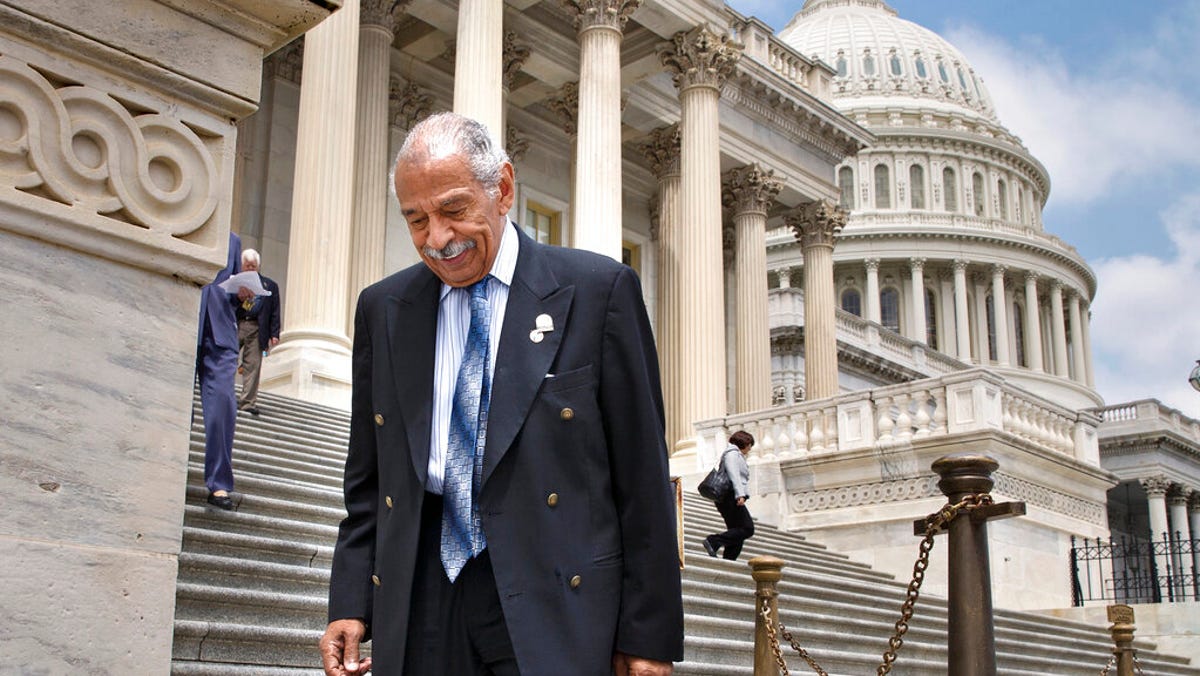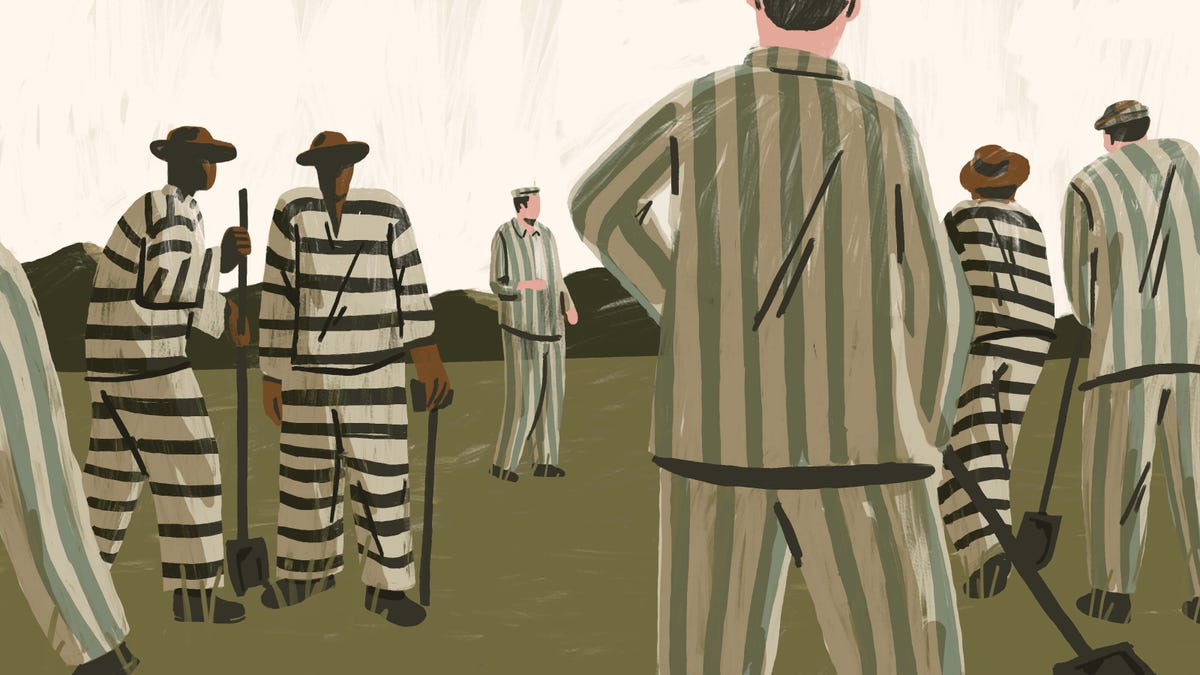This is a short squib on the 1972 case Indians of California vs The United States of America:
Coalition of Indians on Sept 11 sues Fed Govt for $15‐billion in damages, charging that tribes were deceived in settlement of their claim to 2/3 of Calif land; contends that settlement reached between Indians' lawyers and Justice Dept gave them about 47c an acre for 64‐million acres, total of...

www.nytimes.com
This was a direct result of the occupation of Alcatraz Island by AIM and others. It came to 47 cents an acre, which was a very good deal for the state of California...especially since they didn't have to pay it. It was, one might say, on the order of reparations for termination of the rancheria system and this is one of the many pitfalls on the road to that end. It was a reaction to a well publicized action but it did not qualify as justice, nor do much to help remedy the problems California Indians faced. My family received $600 to split amongst us. Considering our aboriginal territory was a gigantic chunk of northern California, I'd say the government did well for itself. It took the Tillie Hardwick case to begin to right the wrongs of termination by restoring the rancherias eliminated by the Termination Act. The rancheria system, one might add, was a diabolical method of forcing impoverished and landless Indians into accepting membership into a dustpan of individuals of miscellaneous tribes, which would destroy tribal identity, culture, language and ultimately existence since the land was 'unwanted'. With good reason - our rancheria, for example, was a knob of granite far away on a lonely mountain top...no farmland, no water, no timber. Literally a rock. People were forced to leave to make a living - disintegration of what community there was.
My feeling is reparations for slavery should be about far more than a check in the mail. There are wrongs that cannot be righted with money, and some that cannot be righted at all.







